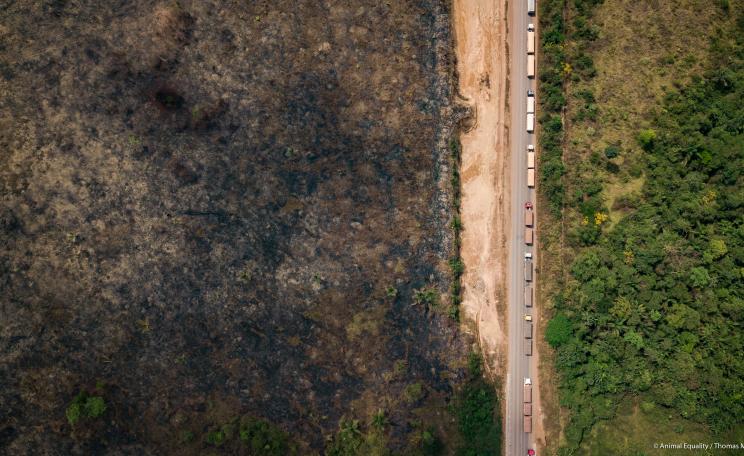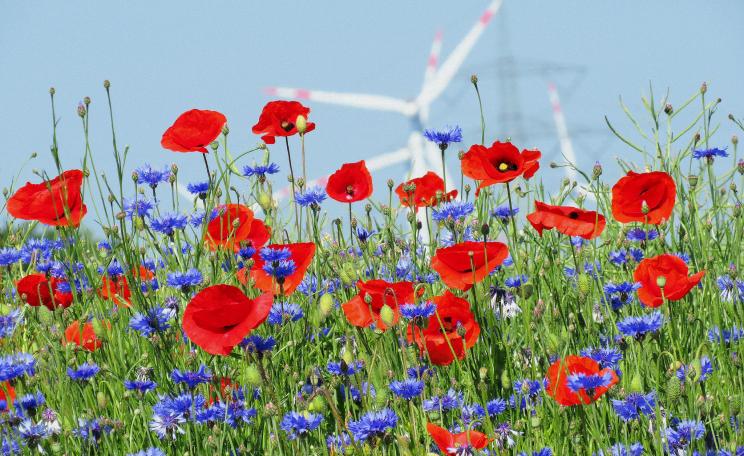Covid-19 is creating, and will continue to create, problems for food sector organisations.
The pandemic has exposed how vulnerable the UK's food system is, with a "dangerous dependence" on two EU countries for fresh veg, a study says.
The paper published in the journal Nature Food, also warns there is not enough domestic food production, while just-in-time supply chains and labour market problems due to Brexit have all helped weaken the UK food system.
While the single market has kept goods flowing during the lockdown, the pandemic could still coincide with a no-deal Brexit, if the UK leaves the transition period without a trade deal at the end of the year, the study warns.
Production
Researchers from the University of York have urged the government and food industry to use the Covid-19 recovery to refocus the system to grow more food sustainably in the UK.
The authors of the study warn the UK's lack of diversity in where it sources products is a point of "acute vulnerability".
The UK is highly dependent on Spain and the Netherlands for the majority of its fresh vegetable imports and on the Straits of Dover for bringing in much of the imported fruit and veg.
The report reveals 83 percent of the lettuces imported to the UK come via Dover, along with 67 percent of tomatoes and 77 percent of strawberries, leaving little in the way of alternatives if disruption occurs on the ferries or freight rail routes.
Professor Bob Doherty, from the University of York, said: "Covid-19 is creating, and will continue to create, problems for food sector organisations, including disrupting their ability to produce goods and services. Reduced production in one part of the network will have knock-on effects for production elsewhere."
Automation
He said that Covid-19 could be "enough of a systemic shock" that processes that normally resolve problems could no longer function.
"The UK Government in partnership with the food industry must rethink this reliance on such a vulnerable food system in the Covid-19 recovery period. How the UK can grow more of its own food sustainably should be considered whilst also maintaining good trade relations with our EU partners."
Covid-19 could cause secondary shocks such as a spike in the price of wheat, the study also warns. In addition, climate change and shortages of machinery, sprays, fertilisers and feeds could hold up key activities such as planting or harvest which could reduce yields.
Dr Philip Garnett, from the University of York and a co-author, added: "It is clear we need a new strategic plan to reorientate the UK food system to grow more food sustainably in the UK."
There needs to be more diversity in the crops that are grown, investment in skills, training and digital automation to address labour issues and assessment of new approaches such as indoor vertical farming, the study suggests.
This Author
Emily Beament is the PA environment correspondent.







